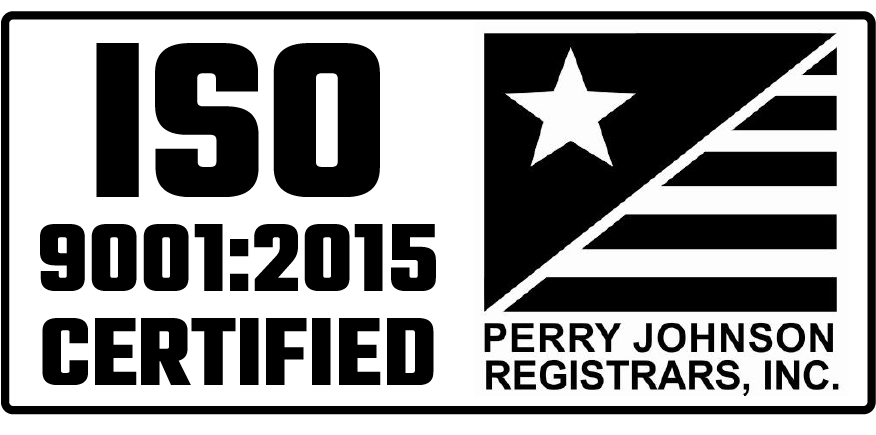The skilled labor shortage is no joke for the manufacturing industry. With the national unemployment rate falling to 3.6% in April (the lowest since December 1969), there aren’t many people looking for work. And, while the U.S. manufacturing index shows a slowed rate of expansion over the past year, American manufacturing is still growing.
Besides the low unemployment rate and a steady manufacturing industry, the labor shortage can also be attributed to the surge of retiring Baby Boomers. The younger generation entering the workforce is made up of fewer people, and the majority of them hold college degrees. Overall, manufacturing isn’t the sector they see in their futures.
Challenges
With the widening skills gap, manufacturers are feeling the pressure. Here are four major ways the skilled labor shortage is impacting organizations nationwide.
Overtime Hours
When demand goes up, manufacturers increase production. When there aren’t enough workers to do the job in the amount of time promised, manufacturing technicians put in longer hours. This can quickly lead to frustrated workers and a strained budget, driving profits down.
Lower-Quality Applicants
Due to the low unemployment rate, the applicant pool is small. HR departments are working harder to find qualified candidates, and likely paying more attract skilled workers. Because there are so many manufacturers looking for skilled help, the competition is high and can force them to hire people without the specific skills they need and train them to do the work needed.
Higher Turnover and Frequent Retraining
With manufacturers competing for skilled workers, the candidates they initially attract are likely to float from employer to employer, looking for the highest wage offer. Once organizations put in the time and bear the expense to train someone new, he or she could find what they think is a better offer and quit. Constantly asking current employees to work longer hours, takes its toll quickly, and manufacturers risk losing them to more competitive employers. This constant turnover strains the employees who train new hires, and it doesn’t solve the manufacturer’s problem of being understaffed. It can also force manufacturers to increase wages or benefits just to retain employees.
Capacity Suffers
When organizations are understaffed long enough, they’re forced to stop taking on new jobs or increase lead times. There are only so many overtime hours the staff can work, and only so many customers willing to wait longer for the product. Many manufacturers have started analyzing the business they do accept more closely – taking only the jobs that their strained organizations can handle without further stressing their overworked employees. Reducing the amount of work they bring in directly affects the number of opportunities manufacturers have to increase profits. While adding technology to create production efficiencies can lessen the strain, it can be an intimidating investment.
Solutions
The solution to the shortage rests in the hands of the manufacturing industry. Organizations are getting more creative when it comes to recruitment, offering referral bonuses to current employees or offering flexible work schedules to create a better work/life balance. When companies can only increase wages so much, non-traditional benefits play a big role in attracting talent.
Companies can also increase their community involvement by partnering with local schools and universities. Offering co-op and internship programs to students is a great way to generate interest and refill the candidate pool. This can also be an important step in showing younger generations just how important manufacturing is to the economy, and how many opportunities there are for career advancement.
Another option is for organizations to outsource either full production or partial production to a contract manufacturing partner like MCL Industries. Read more about this option in Ticket Redemption Game Developer Increases Sales with Help from a Contract Assembly Partner. In this case, the outsourcing partnership was worth millions of dollars to the game developer. Click the button below to read the case study.





